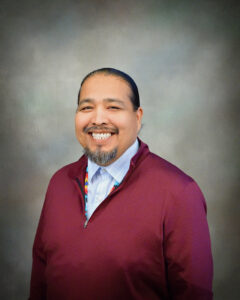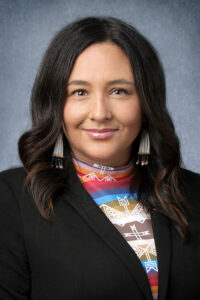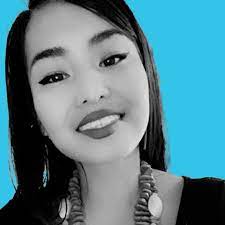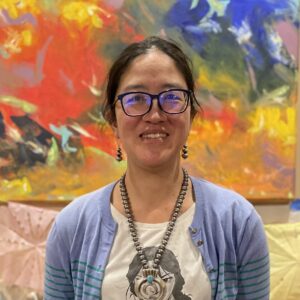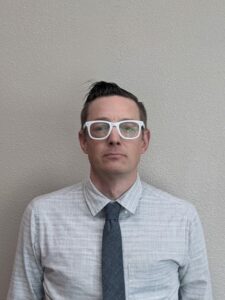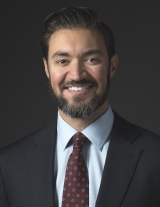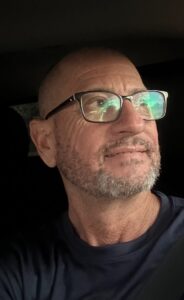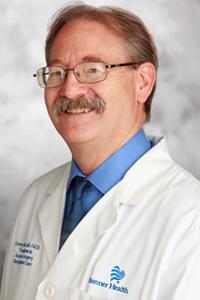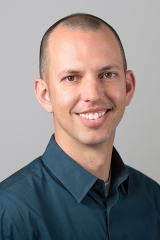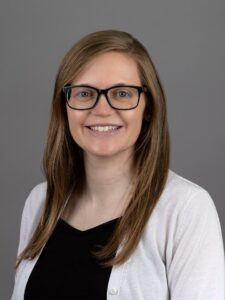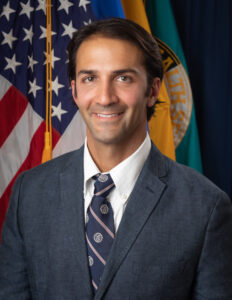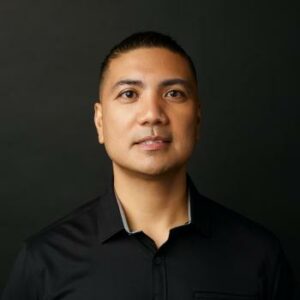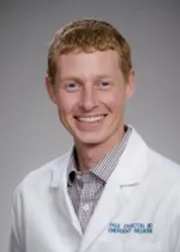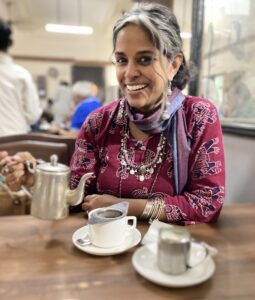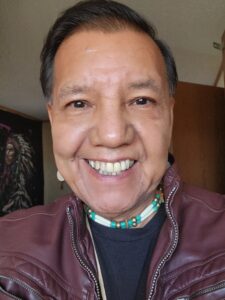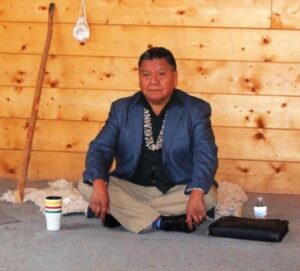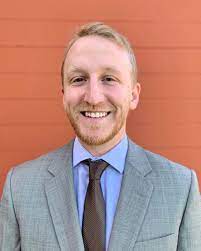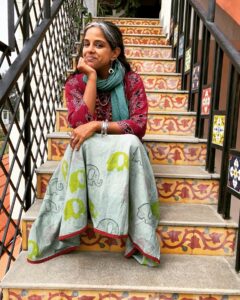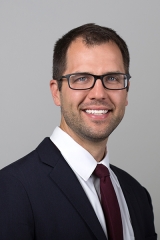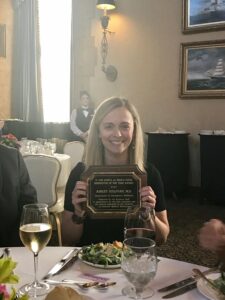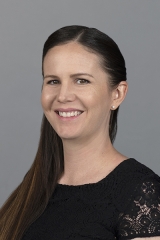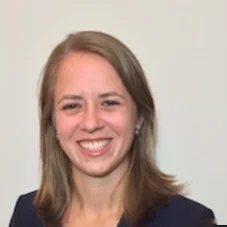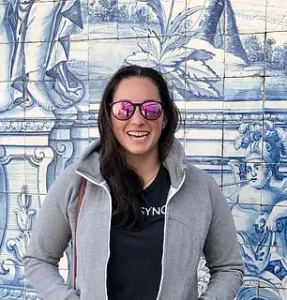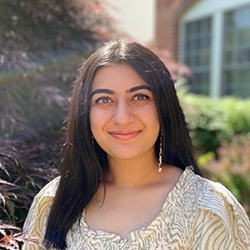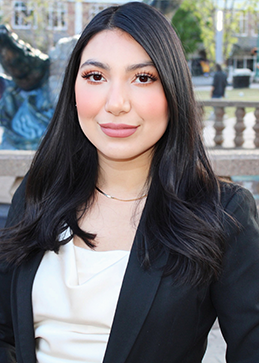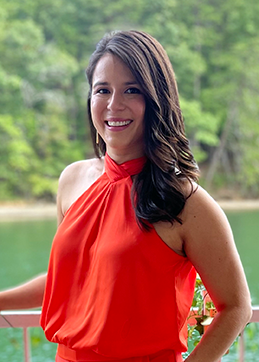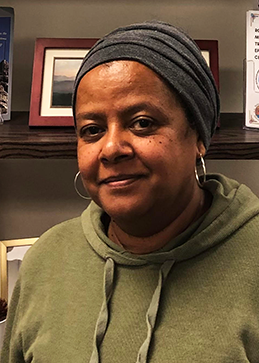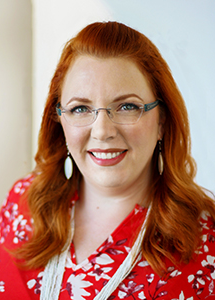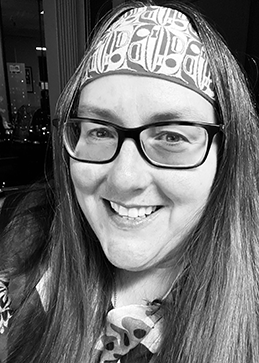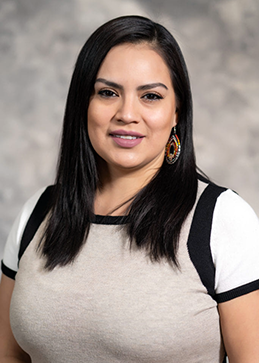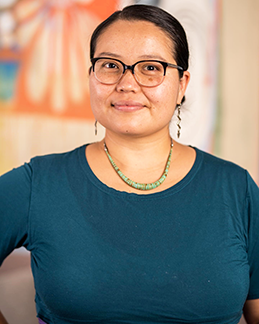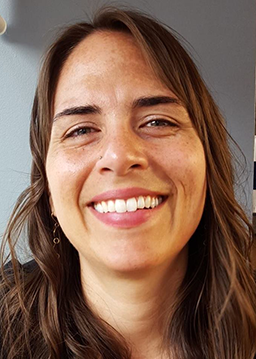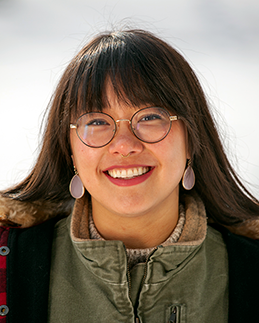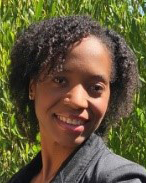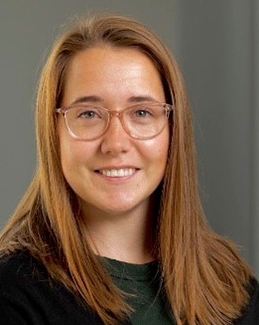History and Impacts of Colonization | September 27, 2023
Date of Presentation: September 27, 2023
Type: Past Presentation Training
Audience: Clinical
Program: Emergency Medicine with Rural and Indigenous Communities/IHS ECHO Program
Keywords: #emergency department #er #Great Plains
In this presentation, Sandor Iron Rope (Oglala Lakota), provides a timeline of how American Indian/Alaska Native tribes were affected by colonial structures and the impacts of social determinants of health seen within medical facilities today. The presentation combines Indigenous knowledge, introspection of history and gives opportunity to be self-aware as well as how to support initiatives of tribal health equity. Then, YakaiYastai Gorman-Etl (Navajo/Cheyenne), co-director for emRIC 2023 and Northwest Indian College Behavioral Health Program Coordinator, and Dr. Christoper “Topher” Jentoft, Clinical Director at Chinle Health Care Center, lead a discussion focused on how the content discussed can be applied in the ED setting.
Recording:
Presented by:
Sandor Iron Rope (Oglala Lakota) | YakaiYastai Gorman-Etl (Navajo/Cheyenne) | Topher Jentoft, MD
Sandor Iron Rope, is an Oglala Lakota from the Pine Ridge Indian Reservation. Born in in 1970 to Mr. Abel Thomas Iron Rope Sr. and Vera Kills Crow Indian-Iron Rope. His Lakota lineage stretches to Chief Lone Bear, Chief High Hawk, Chief Iron Nation among the Tetonwan Lakota Oyate (Sioux Nation). The veterans in the family are: Abel Iron Rope Sr. served in the Korean Conflict as Sgt in the US Army; Abel’s older brother Peter Iron Rope Jr. served as a Sgt in the US Army during World War II. Mr. Iron Rope’s brother Peter Iron Rope served as Specialist in the US Army during the Persian Gulf. Mr. Iron Rope graduated High School from Minatare High in Minatare Nebraska in 1989. He enlisted in the United States Marine Corp after High School, during a routine physical at the Denver Military Entrance Processing Station in Colorado. Mr. Iron Rope hearing loss was a factor in disqualifying him entrance in the United States Marine Corp. His respect for all veterans continues. Mr. Iron Rope worked various labor jobs until an injury in 1998 caused him to seek higher education. Considering the change in direction, he studied American Indian History at the Black Hills State University (BHSU). As a BHSU graduate he was given an opportunity to assist his community in the Rapid City School District as a Cultural Mentor for At-Risk youth through the Johnson O’Malley programs. He donated time to a local Lakota mentoring program called “Ateyapi” which means Fatherhood. In 2009 – 2017 he was employed with the Indian Health Services under the US Department of Health and Human Services. He served as a strength coach for the Diabetes Program certified by the Native American Fitness Council. He continues to contribute his time and energy to preserving Lakota Culture. He currently serves as a ceremonial Intercessor among his Oglala Lakota Tribe. He is the former President of the Native American Church of North America and the current President of the Native American Church of South Dakota (NACSD). His spiritual role as a traditional intercessor and the NACSD clergymen association continues. As a generational trauma and gun violence survivor with consideration of his current spiritual role, he is developing a nonprofit cultural healing center based in the sacred Black Hills of South Dakota.
Yakaiyastai Gorman-Etl (Navajo/Cheyenne), is a Northwest Indian College Alumni, current student of Antioch University, Yakaiyastai Nanabah Gorman-Etl is originally from Steamboat, Arizona of the Navajo and Cheyenne Tribes. The first daughter of eight children to Beverly and Emerson Gorman. Yakaiyastai is a young indigenous scholar, mother and wife who strives to learn more about how to preserve inherent rights for future generations through higher education. Along with learning her foundational traditional knowledge of Navajo teachings, she is self-taught in traditional herbal medicine, holistic healing and food sovereignty. She grew up with a father who was known as a traditional medicine man and a mother who worked for John Hopkins Center for American Indian Health Center as a researcher. Raised in a traditional hogan without running water or electricity, Navajo spoken as their first language and raised with Navajo structural influence. She learned the importance of traditional values, holistic health and knowledge as it connects to sense of place as well as the person, she would become to help her surrounding communities. Currently, she has worked in various capacities of Wellness Coordinator at Northwest Indian College and an Environmental Science Instructor. Having learned the importance of healing and medicine from both spectrums of traditional and western medicine, she utilizes her knowledge to bring equitable health initiatives on behalf of indigenous people through her work as a Behavioral Health Program Coordinator and interim Community Health Program Coordinator.
Christoper “Topher” Jentoft, MD, currently serves the Diné as Clinical Director at Chinle Health Care Center. Previously, he served the White Mountain Apache Tribe at the Whiteriver Indian Hospital for 10 years. Starting as a full-spectrum family physician, he later moved to full-time work in the ER. Topher was founding clinician of the local Jail Clinic and HIV/AIDS Ryan White Clinic, Deputy Director of the Emergency Department, Medical Director of the local EMS agency, coordinator of unofficial, ad hoc“Middle Management Committee” of medical staff leadership, High-Risk Team Coordinator during Alpha and Delta COVID-19 surges, and Deputy Infection Control Officer under Incident Command during Omicron. His professional interests include blunting morbidity and mortality resulting from man-made inequities in health while working towards their ultimate resolution.
Date added: August 25, 2023
